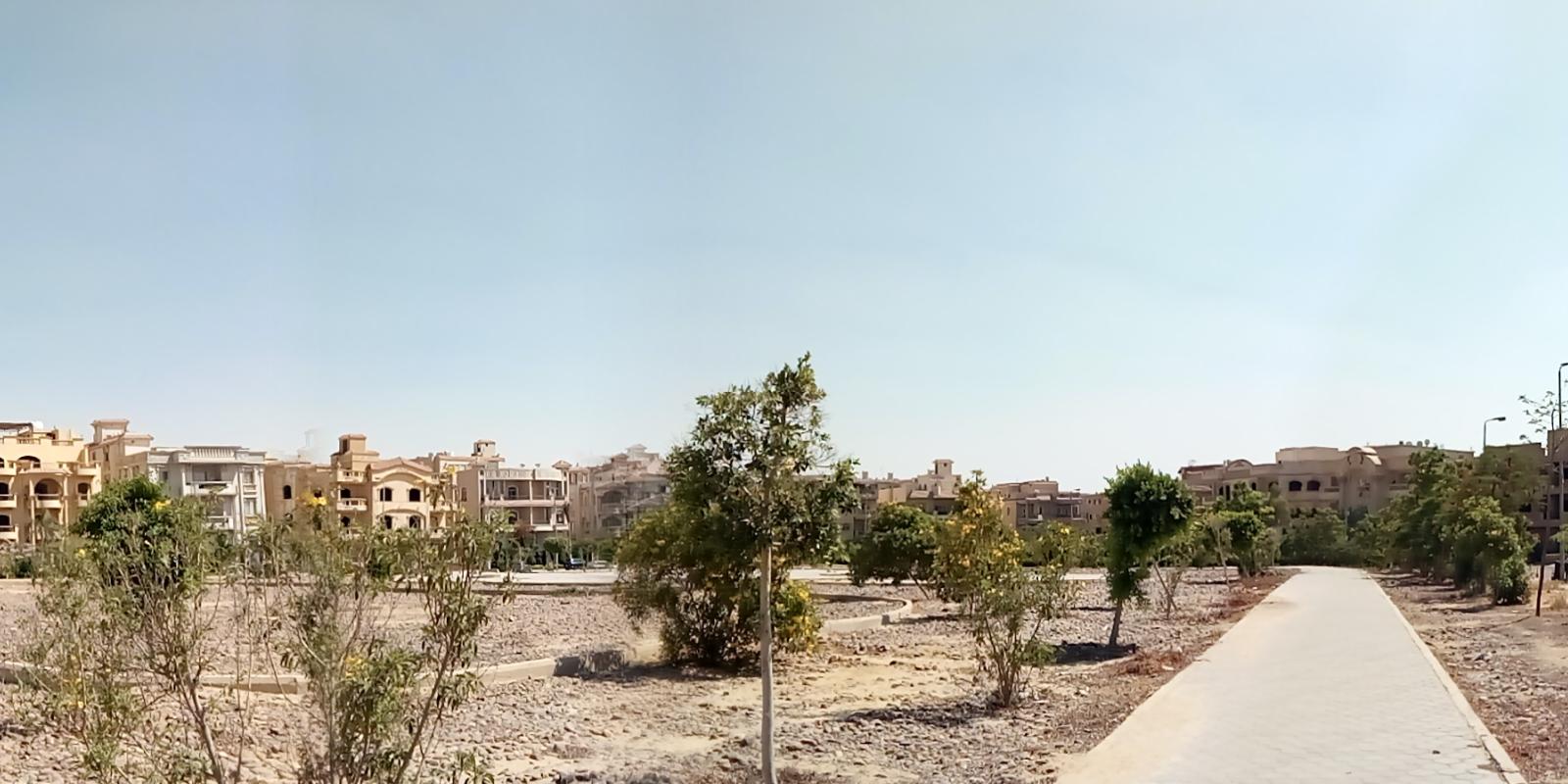
Report-for-Change: A People-Centric Urban Management Tool - Pandemic and Post-Pandemic Research at AUC
AUC’s Pandemic and Post-Pandemic Research and Innovation Initiative awarded funding to 10 different research projects that are aimed at creating an impact both during and after the global COVID-19 pandemic — contributing to the scholarship and innovation in the fight against it. In this series, we are highlighting each of the 10 projects to learn about what they are and what impact they will have on society.
Project 1: Report-for-Change: A People-Centric Urban Management Tool
Principal Investigator: Amr Abdel Kawi, professor of practice, Department of Architecture
How It Began
For the past year and a half, the Next Architecture (NextARCH) Lab, one of AUC's centennial labs, has been focusing on the Egyptian built environment and the desert city context. Seeing the new urban city trends of isolation into individual residences and fancy high-rise buildings, Abdel Kawi saw that communication between neighbors and between city managers and residents was becoming a problem and posing a challenge to urban management, especially in times of crisis, because information is difficult to acquire.
What It's All About
The goal is to create a real-time mapping mobile application that enables city stakeholders to report, map and locate any problems, damage or services in the city’s complex network. It tackles the problem of dissonance between city dwellers, service and business suppliers, and city managers. It allows city stakeholders and city managers the opportunity to navigate upcoming challenges on a single collaborative platform. This pandemic has shown how important it is to access information on the availability of health-related services and essential food supplies, to identify and deal with emergent problem areas promptly.
The Research Process
Abdel Kawi’s team has been working from home so far, but will soon need to:
-
Conduct field surveys and data gathering
-
Acquire the buy-in of the city managers and authorities
-
Start and test the software development process before September 2020
“Needless to say, the process of designing a field based research project, and one that requires the participation of multiple teams of researchers is proving to be quite a challenge under the current circumstances," said Abdel Kawi.
What's the Impact?
This project's potential impact is twofold: to improve decision making with updated real-time data as well as to enhance the city life experience and quality through effective engagement between stakeholders.
“These two factors are essential for a healthy city, and due to their weakness — indeed, absence — our new cities are failing to address our essential social needs, much less support growth and innovation,” Abdel Kawi said.
Final Thoughts
“We hope that this project plays a role in pushing New Cairo toward becoming a leading model of an intelligent city through its interactive and collaborative city management tools.. Cities do not develop with isolated islands. Cities develop through the collaborative inertia of all their stakeholders. We believe that crises like this one present us with the opportunity to bypass existing prejudice and to attempt alternative ways; and we believe that here at AUC, we have the opportunity with such research initiatives to break out of our own fences and catalyze such a move with the city at large," affirmed Abdel Kawi.
